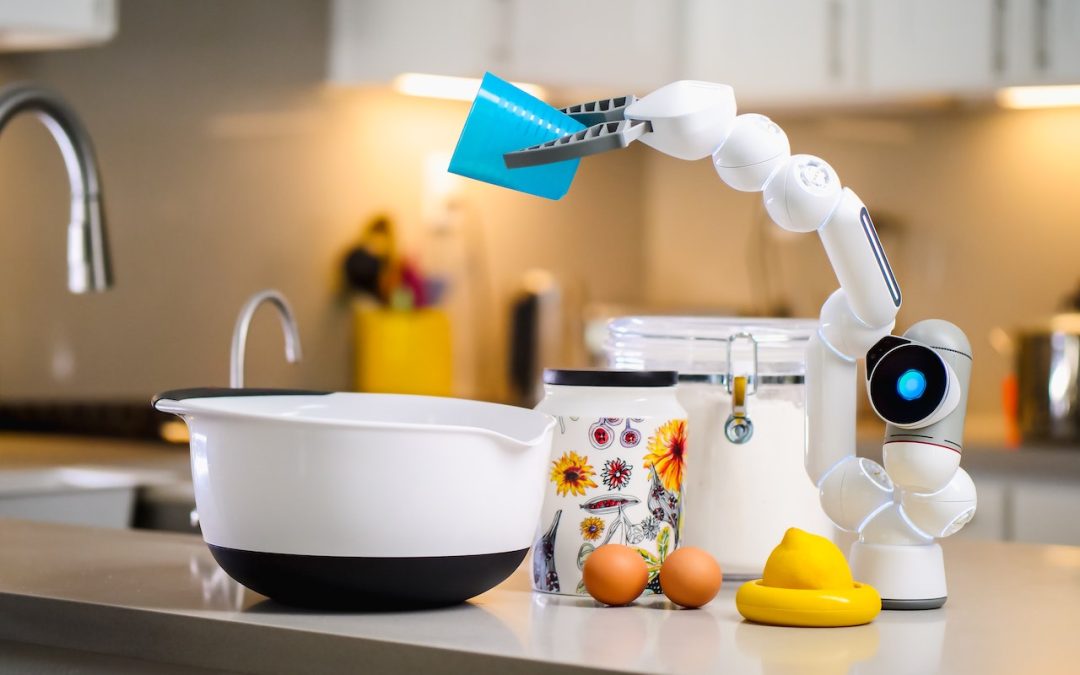This generation has different expectations for benefits administration. Listen to them—for the good of all employees.
Values-driven, socially conscious, and unafraid, the class of 2023 is challenging leaders in new ways and prodding companies to put a premium on transparency, flexibility, and authenticity. These eager young adults, who were college freshmen during the pandemic lockdown, are demanding a different kind of work experience—with technology at the center. The American workplace is undergoing a seismic shift as this latest wave of graduates enters the workforce.
Even though they may not be aware of it, Gen Z is having an amazing impact on business. Just out of college, this generation has lived a diverse set of experiences spurred on by the last four years. It’s their turn to bring a fresh set of eyes and ask questions others may be afraid to ask, like, “Why do we do it this way?” and, “Why don’t we challenge the status quo?” It’s up to leaders to listen and give this generation the opportunity to be tenacious, lead with passion, and make an impact.
TECH NATIVES
Gen Z has spent their entire lives in a digital world where technology is second nature and fundamental to their existence. They grew up with smart phones and tablets in their hands and social media at their fingertips. Most never experienced the pre-COVID-19 work environment that many of us consider “normal.” This has significant implications for companies as they onboard and support this new cohort.
As organizations seek to attract, hire, develop, and support these talented young people, they should endeavor to improve the technology experience for employees, much like they did for customers two decades ago. According to the 2023 Alight International Workforce and Wellbeing Mindset Study, only half of Gen Z say their employee benefits application matches the quality and user experience of consumer apps they are accustomed to using outside of work. And while we’re talking Gen Z, keep in mind a better user experience benefits everyone—from baby boomers to Gen Xers to millennials.
As they enter the workforce, Gen Z is looking for companies that are truly on the cutting edge. The expectation is that even non-tech organizations use tech tools in their everyday processes, whether that’s a workplace messaging system or an employer-sponsored benefits app. To attract and retain Gen Z talent, employers must provide access to information where, when, and how employees want it. Take health program utilization, for example. One of the biggest barriers to getting the most out of such benefits is difficulty accessing information, often because the company has invested in so many disparate programs, which can overwhelm and confuse employees. Streamlining benefits programs will improve the experience for all employees and help them recognize and appreciate the investment their employers are making in them.
ADDRESS MENTAL HEALTH
Young workers are also fiercely protective of their work-life balance, with 45% of Gen Z saying it is an important contributor to good mental health. But it isn’t just Gen Z. According to our 2023 Mindset Study, in the U.S., 44% of millennials, 52% of Gen Xers, and 61% of boomers consider work-life balance to be one of the most important contributors to good mental health. Our study also indicated that 15% of employees are currently experiencing burnout, a 50% increase since 2020. For U.S. employees, better work-life balance, sufficient sleep, and time off are among the most important contributors to good mental health. Increasingly, they expect employers to be mindful of their emotional wellbeing and provide resources such as mental health days and access to mental health support programs and professionals.
Tech and artificial intelligence (AI) empower employers to address the mental health crisis by automating routine tasks and building capacity. By freeing up time for collaborative, strategic work, automation can help Gen Z become more fully engaged members of the workforce, building relationships, communicating effectively, and leading teams. What we have learned with our Alight Worklife® platform is how technology and automation can cut down on routine tasks by bringing together the HR and benefits ecosystem to help employees better engage with their health, wealth, payroll, wellbeing, and retiree benefits. As the digital native generation, Gen Z is more likely than other generations to use digital wellness apps and digital mental health programs. Technology allows this young generation to more easily seek and access mental health help.
The rise of Gen Z presents a tremendous opportunity for companies to create an employee experience that integrates technology and innovation into everything they do. By 2030, there is expected to be a global human talent shortage of more than 85 million people. Taking inspiration from this new generation—and implementing structures that cater to their perspectives and preferences—will lead to higher retention and significant value to the bottom line. It is time to evolve and adapt by providing customizable benefits and user-friendly programs that actually meet the needs of employees and their families. Whether they graduated in 2023 or 1973, your employees need you to focus on where they are in life. By doing so, we can all foster a workforce that is happy, healthy, productive, and engaged.




